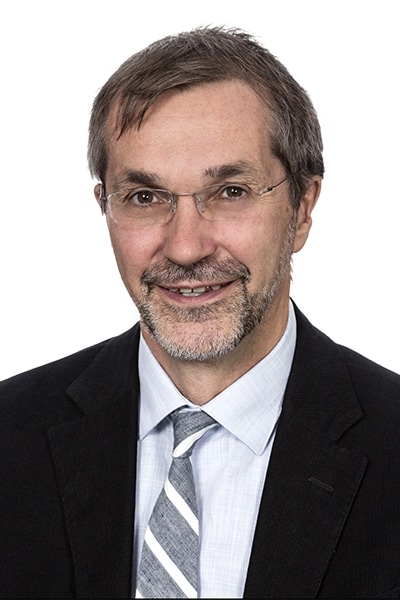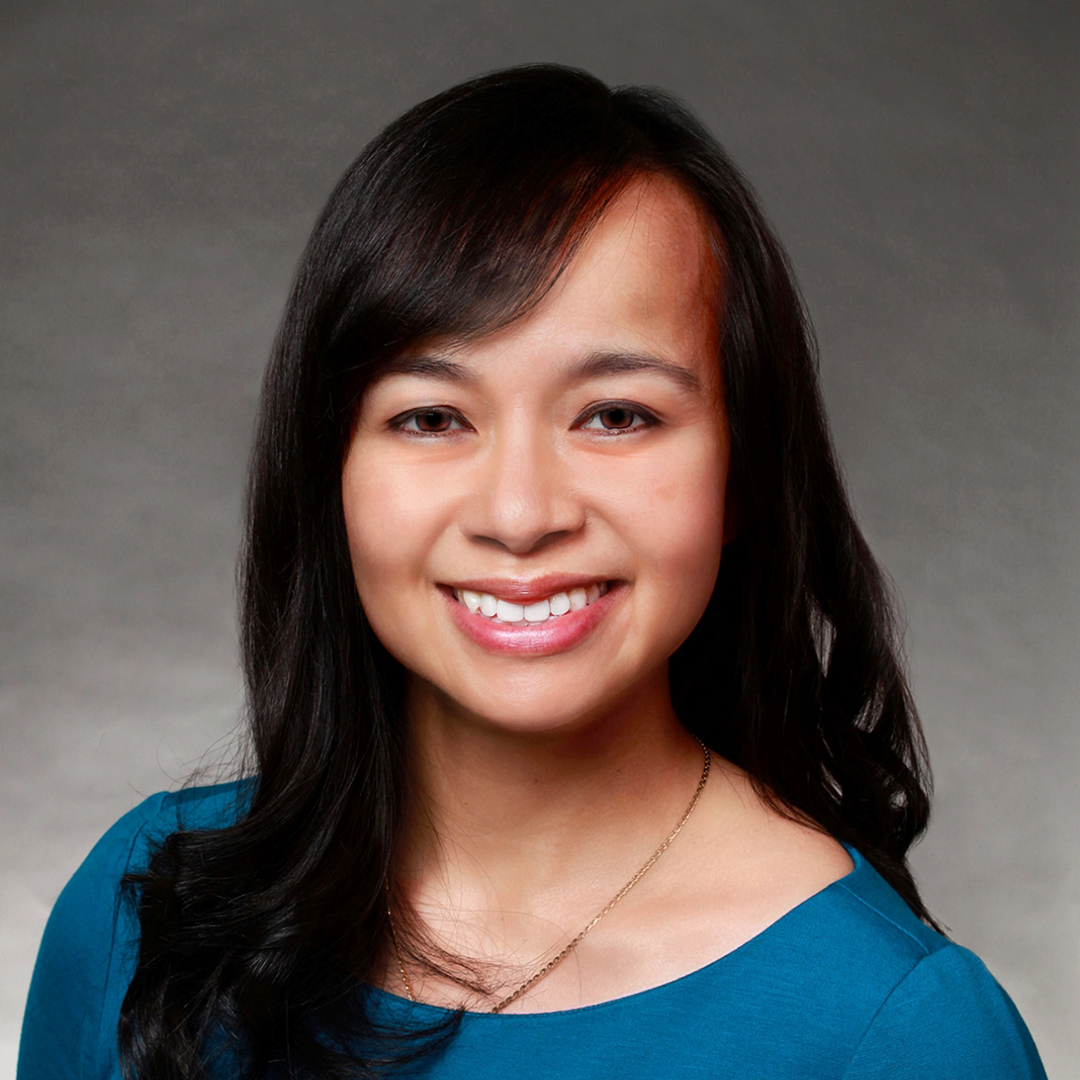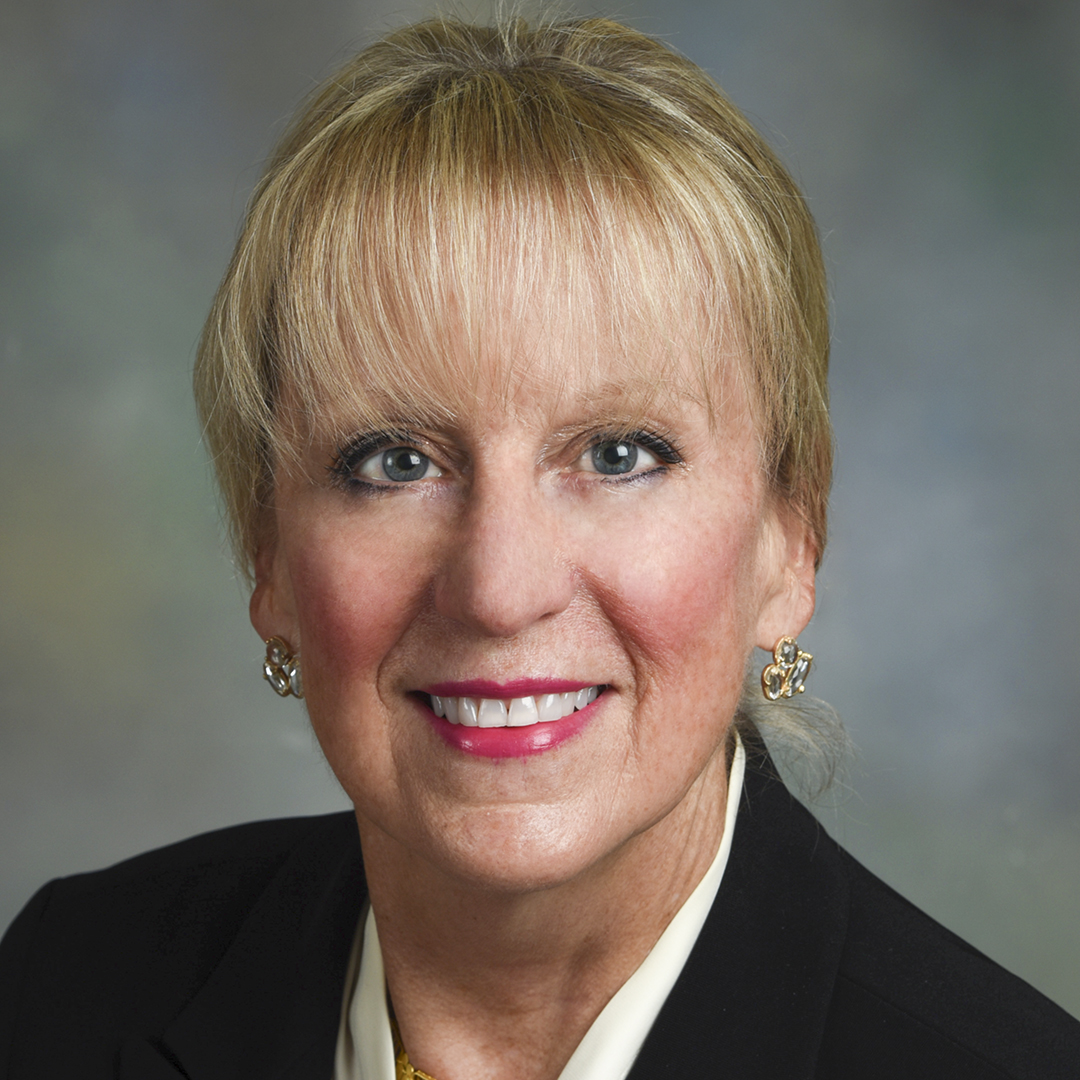After graduating from Yale University and obtaining his law degree from Boston University School of Law in 1984, Edward R. Gates, shareholder at law firm Wolf, Greenfield & Sacks PC, started on a thirty-six-year career at the firm, focusing on the pharmaceutical, biotechnology, and medical technologies

“I love science, my major was biology, and I worked in labs for a while,” Gates recounts. “I love a competitive environment—a good fair fight—and I thought a legal career would give me the opportunity to merge my technical background with the competitive nature of my personality.”
Wolf Greenfield is known for helping clients protect their most valuable intellectual property. Although IP wasn’t a popular career path when he was starting out, Gates was delighted to be offered a spot in the firm and enjoyed both the people he was working with and the challenges that the sector afforded him.
Over his impressive career, Gates has spearheaded the growth of the firm’s biotechnology group, which currently consists of a team of forty-four shareholders, associates, technology specialists, and patent agents, and founded its pharmaceutical group, which currently has a dozen PhD chemists.“I really wanted to put my technical training to work,” he explains. “My legal career began right at the birth of the biotech industry in the early ’80s, so opportunities were everywhere. By the late ’90s, it was clear that the bio industry and pharma industry were coalescing, and it seemed to me there would be an increased demand for a strong team of pharma small molecule lawyers. I have been blessed by opportunity.”
It was somewhat challenging at first because there were already established players in this space. By the time Gates had five years of experience under his belt, he notes there had been people serving the biotech industry for more than a decade.
“Getting those first opportunities where you could prove yourself were precious,” he shares. “I got such an opportunity on the academic side with MIT, and we launched from there.”
In getting the small molecule division up and running, Gates hired a college senior to locate every small molecule lawyer in the country who had at least ten years of experience at a law firm and he built the team from there. Today, over 90 percent of the members of the biotechnology and pharmaceutical groups have doctorate or medical degrees. The life sciences sector overall represents about 40 percent of the firm’s headcount.
Humbly, he doesn’t feel there’s something unique about him or his leadership style, and he prescribes to philosophies rooted in success.
“Over the years, one thing that I’ve always enjoyed is building new things. Helping to build such a robust life science practice is probably among my most important achievements.”
“It’s about looking honestly at yourself and the team and making sure the team looks honestly at itself, being able to admit when you’re not doing well and taking ownership without a lot of excuses,” Gates explains. “Also, you need to demand excellence from your team; when you don’t, the bar is what you tolerate. You need to have some idea in your mind of where you’re headed and what will work.”
Gates’s practice has spanned licensing, diligence, patent portfolio development, counseling, post-grant proceedings, interferences, and dispute resolution. Having begun his career in litigation, he uses this additional experience for value-added client counseling. He helps clients from inception through successful public offerings and exits and has cofounded several biotechnology companies.
He has held virtually every role at the firm, including being managing partner and chairman, the latter he stepped down from in 2017 after serving fifteen years.
“Recently the firm has been examining and planning for the ways COVID-19 can affect us and our clients,” Gates says. “The firm has remained tremendously strong during these uncertain times.”
To that end, Gates wants to make sure that the firm goes into 2021 equally strong.
On the practice side, Gates has focused heavily the last couple of years working with Rich Giunta, who chairs the firm’s Post-Grant Proceedings Practice.
“When the AIA was implemented in 2013, it created a new process by which patents could be challenged and it really has created a new business,” Gates explains. “Rich has brought this group to the top 1 percent in the nation for overall success rate and performance. I joined that group to help build the life science aspect and that’s been going really well. That’s my number one legal job, day-to-day.”
Gates is sort of a jack of all trades, still doing a lot of transaction work, diligence work, and teaching people how to write patent applications.
“Over the years, one thing that I’ve always enjoyed is building new things,” he notes. “Helping to build such a robust life science practice is probably among my most important achievements; I am lucky to have worked with so many talented people and to have had so many interesting opportunities. It is hard to believe that the thirteen-person firm I joined in 1984 is now such a powerhouse.”
Gates was recently ranked in Chambers USA 2020, in which a source described him as, “one of the smartest, hardest-working and finest people I have ever known.”


